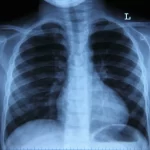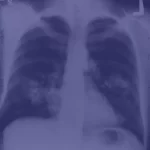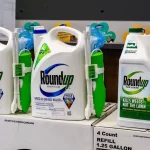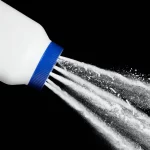Toxic Water at Camp Lejeune
Camp Lejeune, a United States Marine Corps base located in North Carolina, has been known to have contaminated water issues that spanned several decades. The contamination primarily involved drinking and bathing water sources at the base, and it is considered one of the most significant environmental contamination incidents in U.S. history.
The contamination at Camp Lejeune occurred from the 1950s through the 1980s and involved the presence of various hazardous chemicals, including volatile organic compounds (VOCs) such as trichloroethylene (TCE), perchloroethylene (PCE), benzene, and vinyl chloride. These chemicals have been linked to various health issues, including cancers, reproductive disorders, and other serious illnesses.
The contamination of the water stemmed from leaking underground storage tanks, industrial spills, and improper disposal practices. The affected drinking water wells supplied water to various base housing areas, schools, and other facilities, exposing military personnel, their families, and civilian workers to the contaminated water.
Since the toxic contamination was discovered, efforts have been made to address the environmental cleanup of the base and steps have been taken to prevent further contamination. Unfortunately, many individuals were exposed to the toxic water before the cleanup began, and those individuals may now be entitled to compensation.
If you are a veteran, reservist, guardsman, or family member who lived or served at Marine Corps Base Camp Lejeune in North Carolina, you may have had contact with contaminated drinking water. Scientific and medical evidence has shown an association between exposure to these contaminants during military service and the development of certain diseases later on.
Eligibility of Victims
There are certain requirements needed to collect for your damages if you were exposed to toxic water at Camp Lejeune.
Veterans, reservists, guardsmen or family members may be eligible for compensation benefits if you meet all of the following requirements.
1. You served at Camp Lejeune for at least 30 cumulative days between August 1953 and December 1987, AND
2. You did not receive a dishonorable discharge when you separated from the military, AND
3. You have been diagnosed with an eligible disease.
Illnesses Linked to Camp Lejeune Toxic Water Contamination
If you or a family member meets the first two requirements and has also been diagnosed with one of the following diseases, you may be entitled to compensation. The following diseases have been associated with toxic water exposure at Camp Lejeune:
- Adult leukemia
- Aplastic anemia and other myelodysplastic syndromes
- Bladder cancer
- Kidney cancer
- Liver cancer
- Multiple myeloma
- Non-Hodgkin’s lymphoma
- Parkinson’s disease
- Cardiac Defects
- Breast Cancer
- Esophageal Cancer
- Lung Cancer
- Infertility
- Miscarriage
- Kidney Failure
- Scleroderma
- Hepatic Steatosis
The PACT Act
Nearly 40 years after the contamination at Camp Lejeune was confirmed to be a serious health threat, Congress passed the PACT Act in August of 2022. The PACT Act provides long-overdue judicial relief to victims of toxic water contamination at Camp Lejeune.
The PACT Act, includes the Camp Lejeune Justice Act as part of a broader bill that aims to give health coverage to millions who were sickened by smoke from “burn puts” during the wars in Afghanistan and Iraq. After Congress passed the bill, President Biden said “it will offer critical support to survivors who were harmed by exposures, including from water contamination at Camp Lejeune.”
















